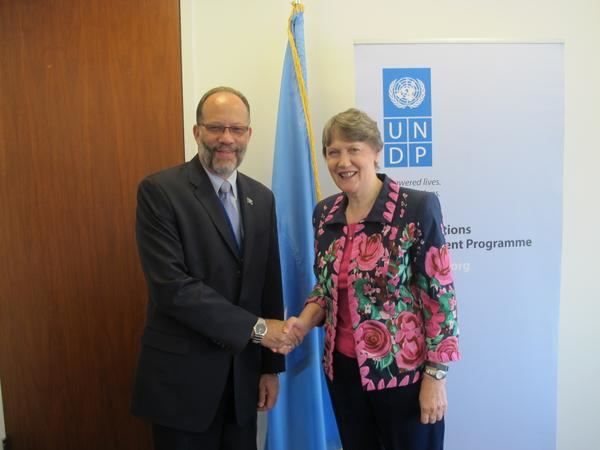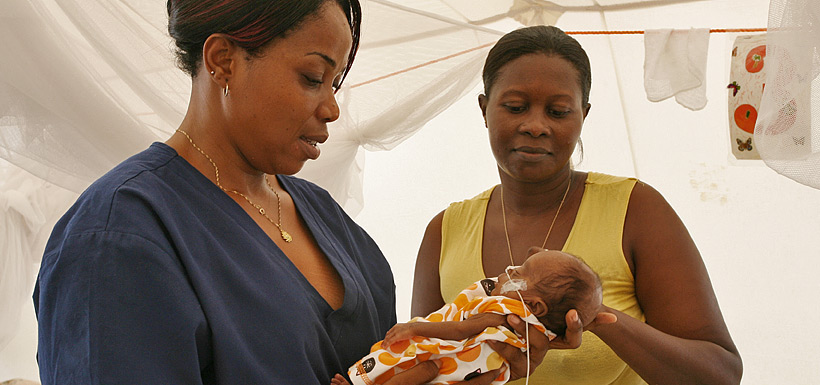Five CARICOM countries (six caribbean countries) have achieved the Millennium Development Goal (MDG) on hunger.
In its latest report, ‘Panorama of Food Insecurity in Latin America and the Caribbean 2015’, released yesterday, the Food and Agriculture Organization (FAO) named Barbados, Cuba, Dominican Republic, Guyana, St. Vincent and the Grenadines and Suriname among countries in Latin America and the Caribbean that have made that major step.
It said Jamaica was close to achieving that MDG goal.
Additionally, Cuba, Guyana, the Dominican Republic, St. Vincent and the Grenadines, and Venezuela also achieved the hunger goal of the World Food Summit (WFS).
More than half the countries monitored have reached the MDG 1c hunger target #SOFI2015 http://t.co/WxagRowXp6
— FAOpost2015 (@FAOpost2015) May 27, 2015
The FAO said that the wider Latin America and the Caribbean (LAC) grouping is the first region to achieve both international hunger goals, reducing both the percentage and total number of undernourished people to less than half.
However, progress has been different in each subregion and at the country level. The Caribbean, for example, has made the least progress, with the FAO pointing out that 7.5 million people suffer from undernourishment.
“This figure has shown little progress since the 1990-92 period, when hunger affected 8.1 million people. The prevalence of undernourishment fell only 7.2 percentage points, from 27 per cent in 1990-92 to 19.8 per cent in 2014-16,” the FAO said.
“This is due, in large part, to the situation of Haiti: the country accounts for 75 per cent of the undernourished population in the Caribbean and faces the most critical situation in Latin America and the Caribbean.”
According to the report, in 1990-92, LAC began the challenge of the MDGs with 14.7 per cent of its population affected by hunger: in 2014-16 this prevalence has already fallen to 5.5 per cent, meaning that the region has already achieved the MDG on hunger.
The region also met the goal of the WFS having reduced the total number of undernourished people to 34.3 million.
“The region’s success story is based on the positive macroeconomic situation during the past two decades and the solid and continued political commitment of the countries of Latin America and the Caribbean with the eradication of hunger,” said Raul Benitez, FAO’s regional representative.
The FAO report notes that regional progress is mainly due to the success of the Southern Cone countries, and adds that the commitment to hunger can be seen throughout the region: seventeen countries achieved the hunger goal of the MDGs (more than in any other region of the planet), while eleven countries reached the WFS target.
Benitez said that thanks to economic growth, increased public spending on social matters and public policies focused on the most vulnerable, Latin America and the Caribbean today represents a smaller share of global hunger.
According to the FAO publication, the region pioneered the proposal not only to decrease but fully eradicate hunger, through the Hunger Free Latin America and Caribbean Initiative, which has been endorsed by all countries in the region since the year 2005.
Many agreements and alliances have also been formed to work towards the same goal.





